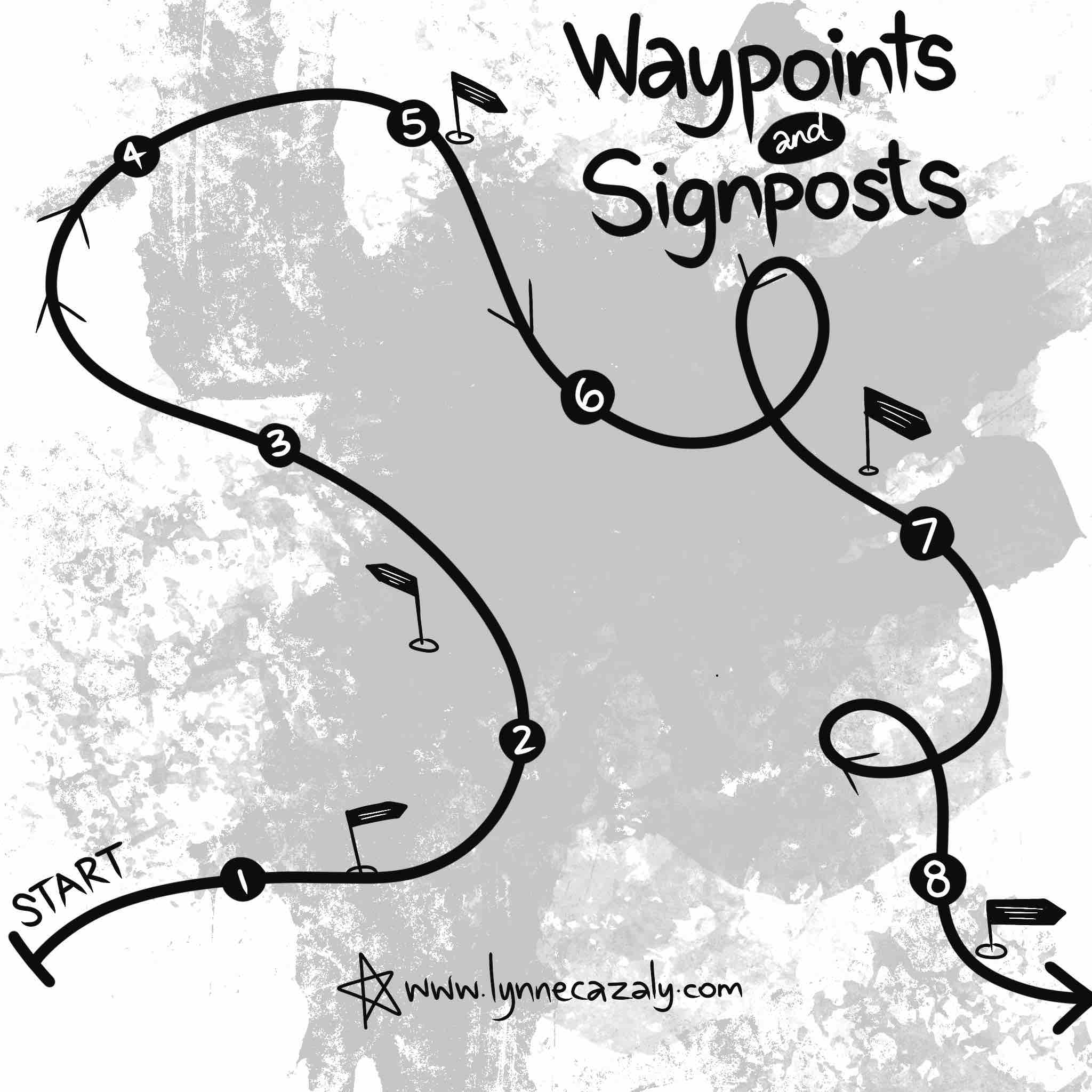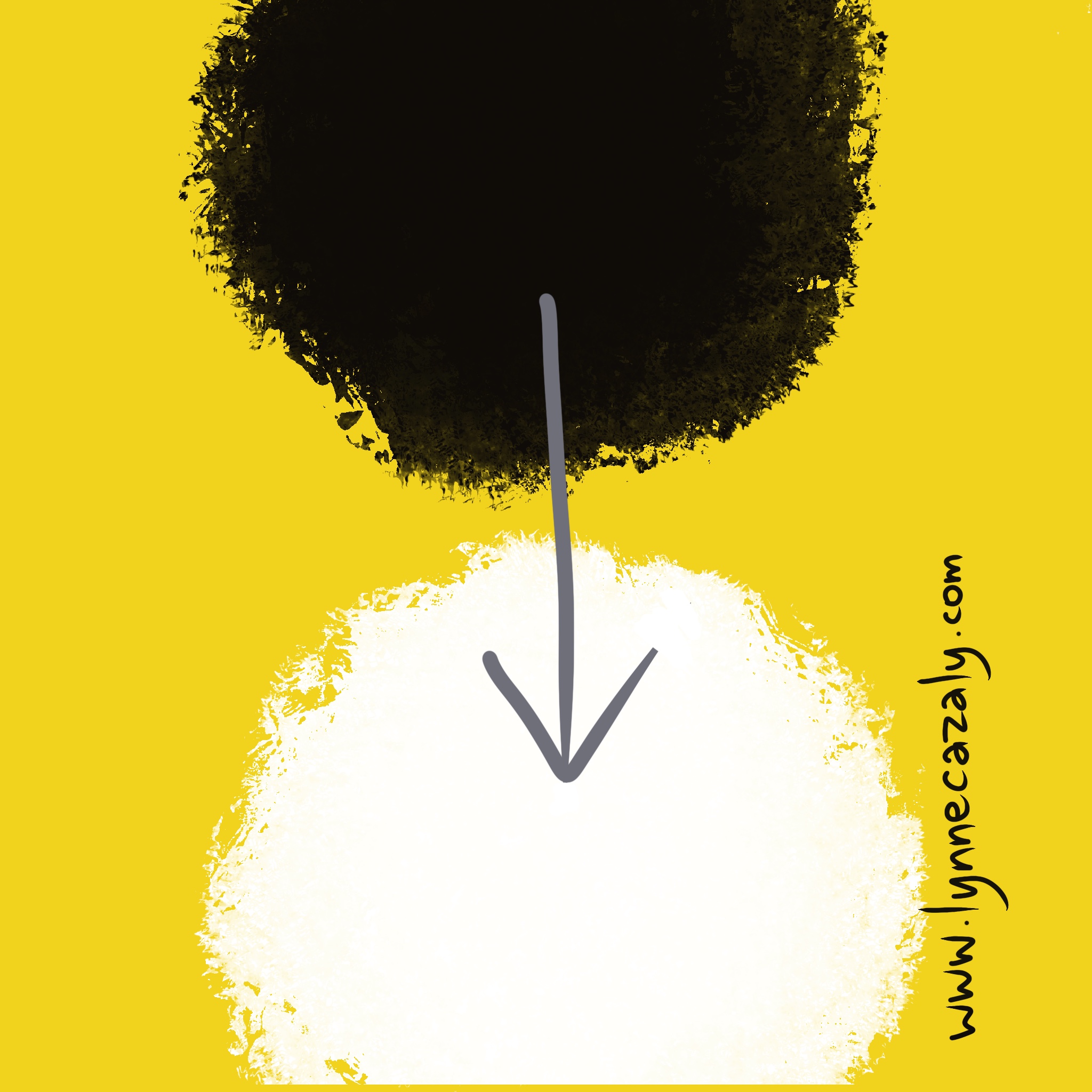A small task can take up a lot of space
 Saturday, July 4, 2020 at 11:35AM
Saturday, July 4, 2020 at 11:35AM 
It may not take very long to complete when it comes to doing it, but there is often one task on our list that becomes a blocker in our productivity flow.
It could be the task you don’t want to do, the task that seems fiddly or complex, or the task you are dreading.
And disproportionately, we spend so much time thinking about it, worrying, rehearsing and analyzing or imagining it.
This task occupies too much of our precious cognitive load and mental bandwidth... and life!
Many other actions and tasks get polluted by that one blockage. It may not be connected or part of the same project but it blocks progress all the same.
When we decide to start or work on and complete this task, things become easier.
Some pressure is relieved, and we can begin to flow with our productivity again.
So how about it? Start it, tackle it, finish it ... a weight gets lifted, the load and pressure is released.
Is there something on your list that matches “that kind of task” - the one task ... that takes up so much of our thinking? Blocking better progress?
Could you do it today?





















